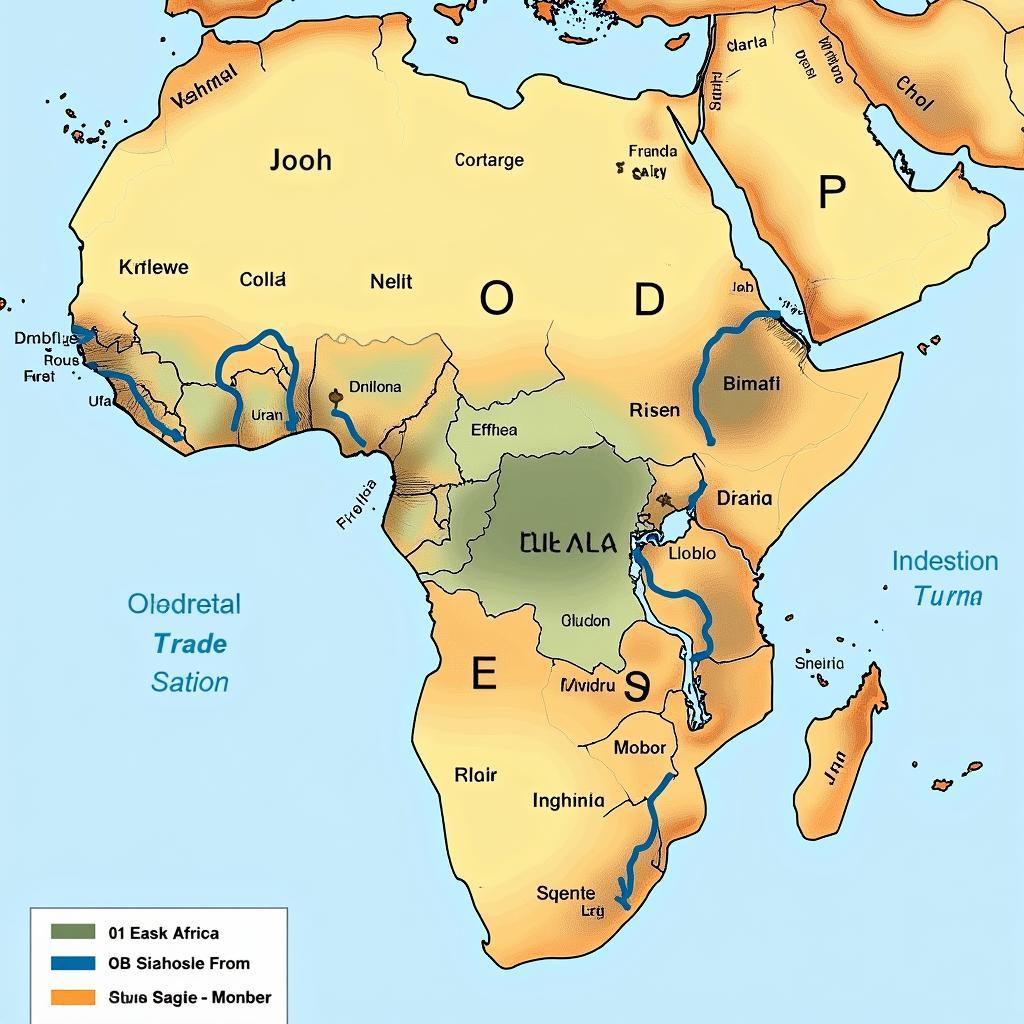Fufu: A Staple of African Food Culture
Fufu is a staple food in many African countries, and for good reason! This versatile dish is made from starchy root vegetables like cassava, plantains, or yams, pounded or ground into a smooth, doughy paste. It’s a filling, flavorful, and culturally significant part of African cuisine, often served as a base for flavorful stews, soups, and sauces.
What is Fufu?
Fufu is a type of doughy food that is widely enjoyed in many African countries. It’s made from starchy root vegetables like cassava, plantains, or yams, which are boiled and then pounded or ground into a smooth, cohesive paste. The process of preparing fufu can be labor-intensive, often requiring traditional methods like pounding the cooked ingredients with a mortar and pestle. This process can be quite a sight to behold, as the rhythmic pounding adds to the overall sensory experience of enjoying fufu.
What Makes Fufu So Special?
Fufu’s appeal lies in its versatility and its ability to complement a wide range of flavors. It serves as a blank canvas, absorbing the rich flavors of accompanying stews, soups, and sauces, creating a harmonious culinary experience.
Here are some reasons why fufu holds a special place in African cuisine:
- Cultural Significance: Fufu transcends its culinary role and often represents a sense of community, tradition, and togetherness. The act of preparing and sharing fufu often brings families and friends together, creating a shared experience that fosters social connections.
- Nutritional Value: Fufu is a good source of carbohydrates, providing energy and sustenance. It’s also a good source of fiber, which aids in digestion.
- Versatility: Fufu is incredibly versatile and can be enjoyed in many different ways. It can be served with a wide array of accompanying dishes, making it a staple for countless meals.
How is Fufu Prepared?
The process of preparing fufu varies depending on the specific ingredients used and the region. However, the general steps are as follows:
- Boil the Ingredients: The root vegetables are first boiled until they are tender.
- Pound or Grind: The boiled ingredients are then pounded with a mortar and pestle or ground with a food processor until they achieve a smooth, cohesive paste.
- Shape and Serve: Once the paste is formed, it is shaped into balls or mounds and served with a variety of stews, soups, or sauces.
Popular Fufu Recipes from Across Africa
Fufu is a culinary staple across many African countries, and each region boasts its own unique variations and preparations. Here are some examples:
- Cassava Fufu: This type of fufu, made from cassava, is popular in countries like Ghana, Nigeria, and Cameroon. It’s known for its light and fluffy texture.
- Plantain Fufu: In countries like Côte d’Ivoire and Benin, plantain fufu is a beloved dish. It’s a bit sweeter than cassava fufu and has a firmer texture.
- Yam Fufu: Yam fufu is a popular choice in countries like Kenya and Tanzania. It’s known for its earthy flavor and chewy texture.
How to Eat Fufu
Fufu is typically eaten with the hands, using a small ball or piece of fufu to scoop up the accompanying stew or sauce. It’s a traditional and satisfying way to enjoy this delicious food.
Fufu: A Taste of African Culture
Fufu is much more than just a food; it’s a symbol of African culture, tradition, and community. Sharing a plate of fufu with loved ones is a way to connect with your heritage and celebrate the richness of African cuisine.
FAQ
What is fufu made of?
Fufu is typically made from starchy root vegetables like cassava, plantains, or yams.
Is fufu gluten-free?
Yes, fufu is gluten-free because it’s made from root vegetables, not grains.
What are some popular fufu recipes?
There are many popular fufu recipes, including cassava fufu, plantain fufu, and yam fufu.
How is fufu eaten?
Fufu is typically eaten with the hands, using a small ball or piece of fufu to scoop up the accompanying stew or sauce.
What is the cultural significance of fufu?
Fufu often represents a sense of community, tradition, and togetherness in many African cultures.
Where can I learn more about African food and culture?
You can learn more about African food and culture by visiting African Food Distributors New Jersey, African American Snacks, or browsing other resources on our website.
Want to explore other facets of African culture? Check out our articles on African cultural forms or African American birthday party themes.
Ready to learn more about the diverse world of African cuisine? Get in touch! We’re always happy to share our knowledge and answer your questions.



